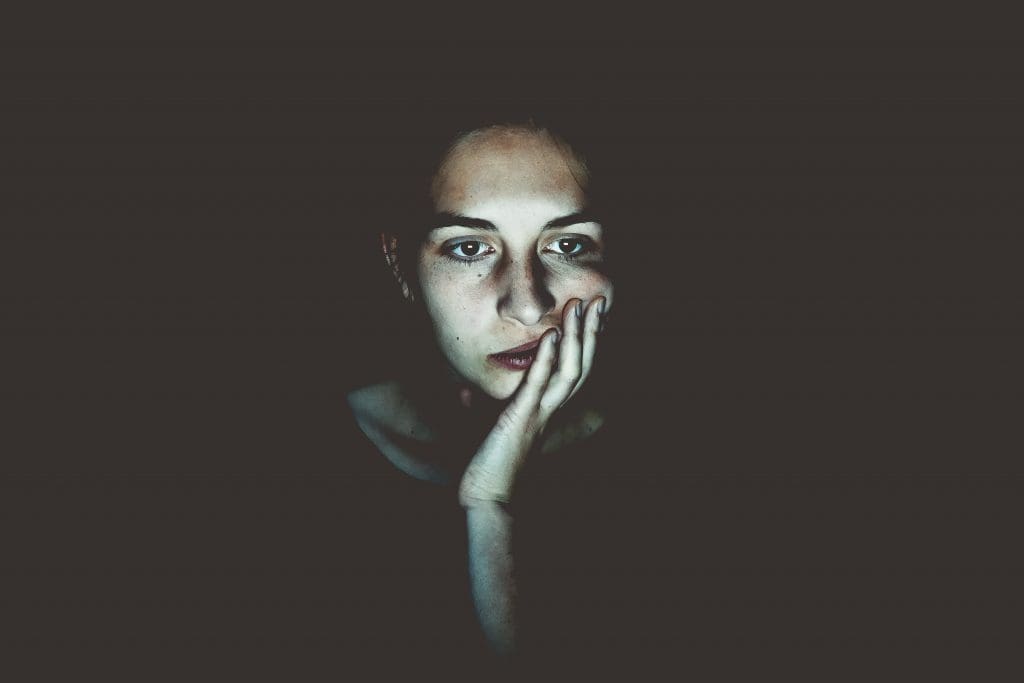Monitoring Your Mental Health when Consuming Negative News

Because of constant news coverage and social media, it’s hard to miss pretty much anything that’s happening in the world. This is accessible the second you turn on the TV and go to a news station or when you log on and see a retweet with an article link. Some of these can be silly and fun, while some can be more serious. And lately, it feels like the news has veered to more serious, more negative territory.
Focusing on and putting more weight on negative events and situations is a very human thing to do, known as a negativity bias. So it’s no surprise that every type of media – traditional, news, and social – is more likely to cover these type of events. Sometimes, it’s needed, but other times, negative events can be exaggerated or highlighted because news outlets and social media accounts know that people are more likely to pay attention to negativity, so focusing on them attracts more viewers and reactions.
All this negativity has its side effects too. Studies have found that overconsumption of the news has had effects on mental health, including fatigue, loss of sleep, and anxiety. It can intensify worries in everyday life, and can increase feelings of hopelessness, no matter if the news directly affects us or not.

And lately, between all the ways that we can access news and what’s happening in the news, it feels like negativity is around us more than ever, which in turn, can intensify symptoms of depression and anxiety. While we won’t get into too much detail about it, the coronavirus pandemic is the biggest example of something negative, and terrifying, and everywhere. Although it’s a physical illness, there’s growing concern over the mental effects simply reading about the illness can cause. Encountering retweets, push notifications, and even memes about the situation feel almost inevitable, overwhelming, and terrifying. Those who already exhibit anxious symptoms may feel triggered to even higher levels too.

So is there a balance between staying informed and managing your mental health? Fortunately, official organizations like The Center for Disease Control and The World Health Organization are also keeping mental health in consideration along with monitoring symptoms of the actual virus and have offered tips on how to check in with yourself. These include taking breaks from media coverage, finding and talking to a support system, and doing body checks to see how you’re feeling. NAMI also has some suggestions regarding access to mental health services when self-isolation is recommended during this time, such as therapy and getting medication.
Things can feel scary right now, and the amount of news we are exposed to, whether we like it or not, most likely doesn’t help. Continue to check in with yourself and others, and remember that your mental health is just as important as your physical health.
How much do you see news information on your social media feeds? How does it make you feel? What steps do you do to avoid feeling overwhelmed or stressed about the news?




Recent Comments